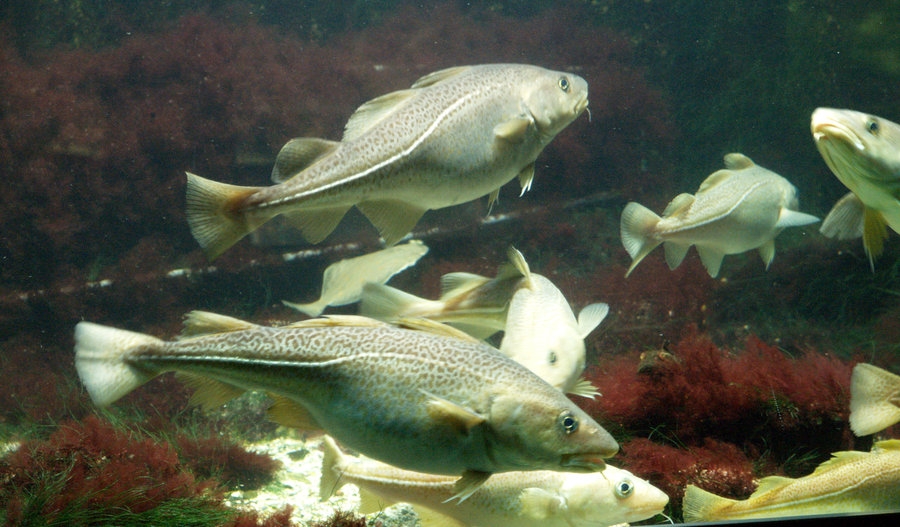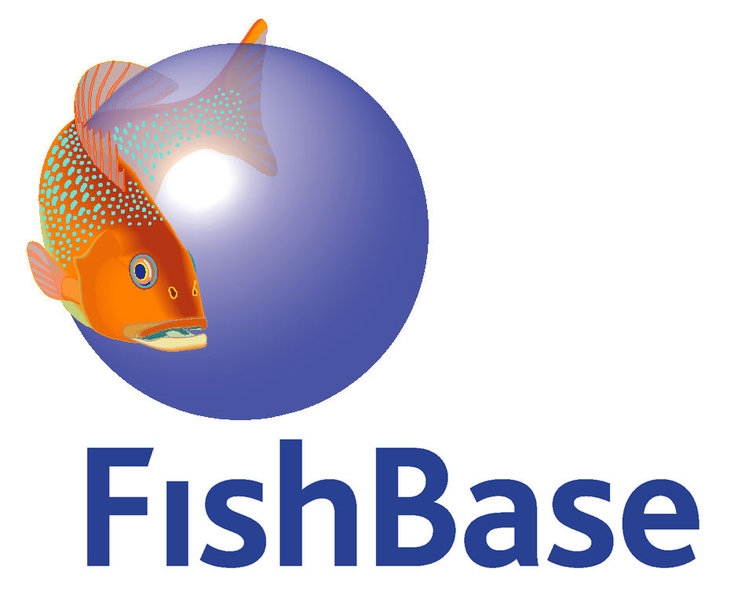Got questions about Gadus morhua? Atlantic cod? Cod?
January 17, 2017 FishBase, the world's largest information database, has the answersMore than half a million visitors are registered on the world's largest information portal about fish species every month.
Researchers, as well as the interested layperson, have been using the portal since 1998, which covers more than 33,000 species, with more than 300,000 names and almost 60,000 images.
The initiative, which is supported by an international team, was launched by Kiel marine researchers 28 years ago.
Do you want to know where Gadus morhua can be found? Fret not, if the name is unfamiliar, as it is the scientific name for Atlantic cod. Whether you are doing a search using the scientific or common name, the results you get will give you comprehensive information about the species. All this information – on as many as more than 33,000 species – are stored in the world's largest database for fish species.
The foundation for this internet encyclopaedia was laid 28 years ago at the Kiel Institute for Oceanography, now known as GEOMAR Helmholtz Center for Ocean Research Kiel.
"The nucleus of FishBase was a scientific project," explained marine biologist Dr Rainer Froese in German.
Hailing from GEOMAR, he is one of the founding fathers of the project. The origins of FishBase date back to the 1980s, with the first CD version produced in 1995, and the first edition of the FishBase database going online in 1998.
"We started with 15,000 species at the time and had about 2,000 visitors per month, mainly from the scientific fields," Froese continued.
The portal was constantly being expanded by the addition of new species, and new information and images based on the latest scientific knowledge. Today, the main users of the portal are not just scientists.
"Be it aquarists, anglers, divers, pupils, students, journalists or fish enthusiasts; FishBase is used by everyone," said Dr Froese.
Since 2000, FishBase is being managed by an international consortium, which includes GEOMAR. The data is entered by a team of specialists based in the Philippines, with the support of scientists worldwide. There are now more than 20 language versions – evidence of the platform's global use.
What is the future of FishBase?
"Every year, several hundred new fish species are discovered, and numerous studies are published, so there is no lack of work. It would be desirable to have a new user interface for mobile devices," said Dr Froese.
This, however, is not possible due to the resources available, as FishBase is funded mainly by research projects and donations.
In terms of its reputation among the scientific community, FishBase has nothing to worry about. In early 2017, it ranks fourth in a list of specialist references in the field of fish and fishery that were most often cited.
See here for more information.

